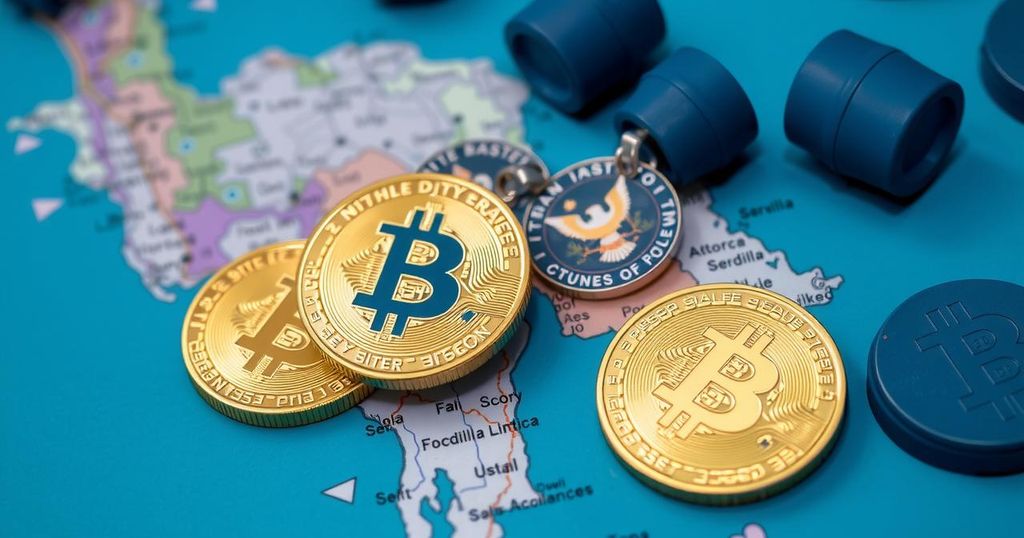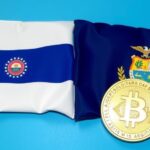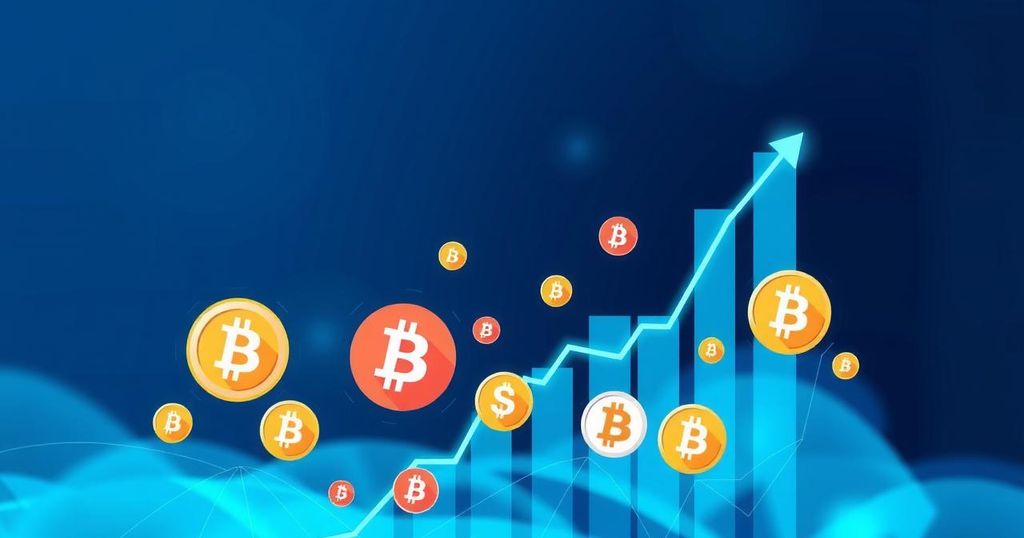Latam Insights: El Salvador’s Bitcoin Pursuits, Argentina’s Tether Freeze, and Brazil’s CBDC Concerns
El Salvador continues its Bitcoin acquisitions, dismissing IMF advice, while Argentina freezes $3.5 million in Tether due to fraud. In Brazil, Congresswoman Julia Zanatta opposes legislation that limits cash usage in favor of the CBDC Drex, underscoring the potential threats to financial autonomy.
In this week’s edition of Latam Insights, the focus is on significant developments within Latin America’s cryptocurrency and economic landscape. El Salvador persists in its fervent acquisition of Bitcoin, defying mandates from the International Monetary Fund (IMF), while the Argentine justice system initiates legal actions to freeze $3.5 million in Tether (USDT) associated with the fraudulent Rainbowex scheme. Concurrently, Brazilian Congresswoman Julia Zanatta raises concerns about the risks tied to the national central bank digital currency (CBDC), Drex, advocating for the preservation of cash transactions.
The recent actions in El Salvador reflect the government’s ongoing commitment to Bitcoin, despite the IMF’s recommendations to curtail such initiatives. This stance is particularly notable during a period when nations globally are scrutinizing the implications of cryptocurrencies and their role in economic policy. In Argentina, the freezing of Tether funds signals a growing regulatory response to the misuse of digital currencies, linking them to criminal activities. Meanwhile, Brazil’s legislative efforts address concerns surrounding the potential phasing out of cash, which could have substantial ramifications for economic independence.
In summary, the landscape of cryptocurrency and economic policy in Latin America is marked by El Salvador’s steadfast Bitcoin purchases against IMF advisement, Argentina’s proactive steps in regulating digital assets linked to fraud, and the concern from Brazilian authorities regarding the future of cash with the advent of the Drex CBDC. These developments highlight both the challenges and adaptations faced by these countries as they navigate their unique economic paths in an evolving digital currency framework.
Original Source: news.bitcoin.com








Post Comment